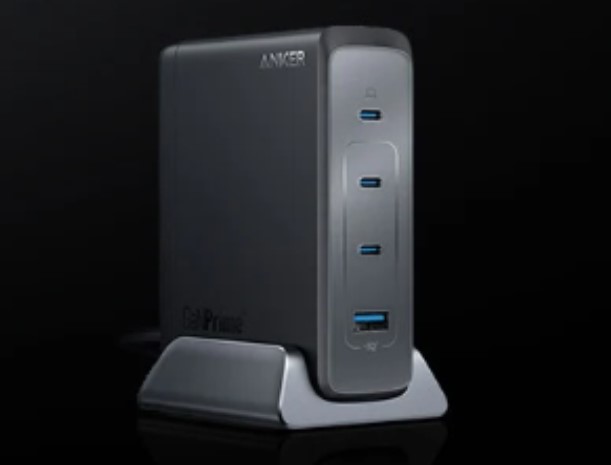How to Find the Right Charger for Your Electric Devices

In today’s digital age, our reliance on electronic devices is undeniable. From smartphones to laptops, tablets to wearables, these gadgets have become integral parts of our daily lives. However, with the multitude of devices available, finding the right charger to keep them powered can be a daunting task. In this guide, we’ll explore the key factors to consider when selecting a charger for your electric devices.
Understanding Your Device’s Charging Requirements
Before diving into the world of chargers, it’s essential to understand your device’s charging specifications. Different devices may have varying input requirements in terms of voltage, amperage, and connector type. Consult your device’s user manual or specifications to determine its charging needs.
Compatibility with Charging Standards
One of the first considerations when choosing a charger is its compatibility with your device’s charging standard. The two most common standards are USB-A and USB-C, with USB-C increasingly becoming the standard for newer devices due to its versatility and faster charging capabilities. Ensure that the charger you select supports the appropriate charging standard for your device.
Determine the Wattage and Amperage
The wattage and amperage of a charger determine its charging speed. Higher wattage chargers can deliver more power, resulting in faster charging times. However, it’s crucial to match the charger’s wattage and amperage to your device’s maximum input specifications to avoid damage. For example, a smartphone may only require a 5W charger, while a laptop might need a charger capable of delivering 60W or more.
Consider Portability and Form Factor
The portability of a charger is another critical factor to consider, especially if you’re frequently on the go. Compact and lightweight chargers or wireless chargers are ideal for travel, while larger chargers with multiple ports may be more suitable for home or office use. Additionally, consider the form factor of the charger, such as whether it’s a wall adapter, power bank, or car charger, based on your specific needs.

Quality and Safety Features
When selecting a charger, prioritize quality and safety. Look for chargers that are certified by reputable organizations such as UL (Underwriters Laboratories) or TUV (Technischer Überwachungsverein) to ensure compliance with safety standards. Chargers with built-in safety features like overcurrent protection, overvoltage protection, and temperature control can help safeguard your devices against potential damage.
Read Reviews and Recommendations
Before making a purchase, take the time to read reviews and recommendations from other users. Look for feedback on the charger’s performance, durability, and reliability. Additionally, seek recommendations from trusted sources such as tech experts or online forums to help narrow down your options. Always choose reputable chargers, like those from Anker, with better comments and warranty.
Budget Considerations
While it’s tempting to opt for the cheapest charger available, investing in a high-quality charger can save you money in the long run by prolonging the lifespan of your devices and reducing the risk of damage. Set a budget based on your needs and prioritize chargers that offer the best combination of quality and affordability.
Conclusion
Finding the right charger for your electric devices doesn’t have to be overwhelming. By understanding your device’s charging requirements, considering compatibility with charging standards, evaluating wattage and amperage, prioritizing portability and form factor, prioritizing quality and safety features, reading reviews and recommendations, and budgeting accordingly, you can select a charger that meets your needs and ensures your devices stay powered whenever and wherever you need them.






